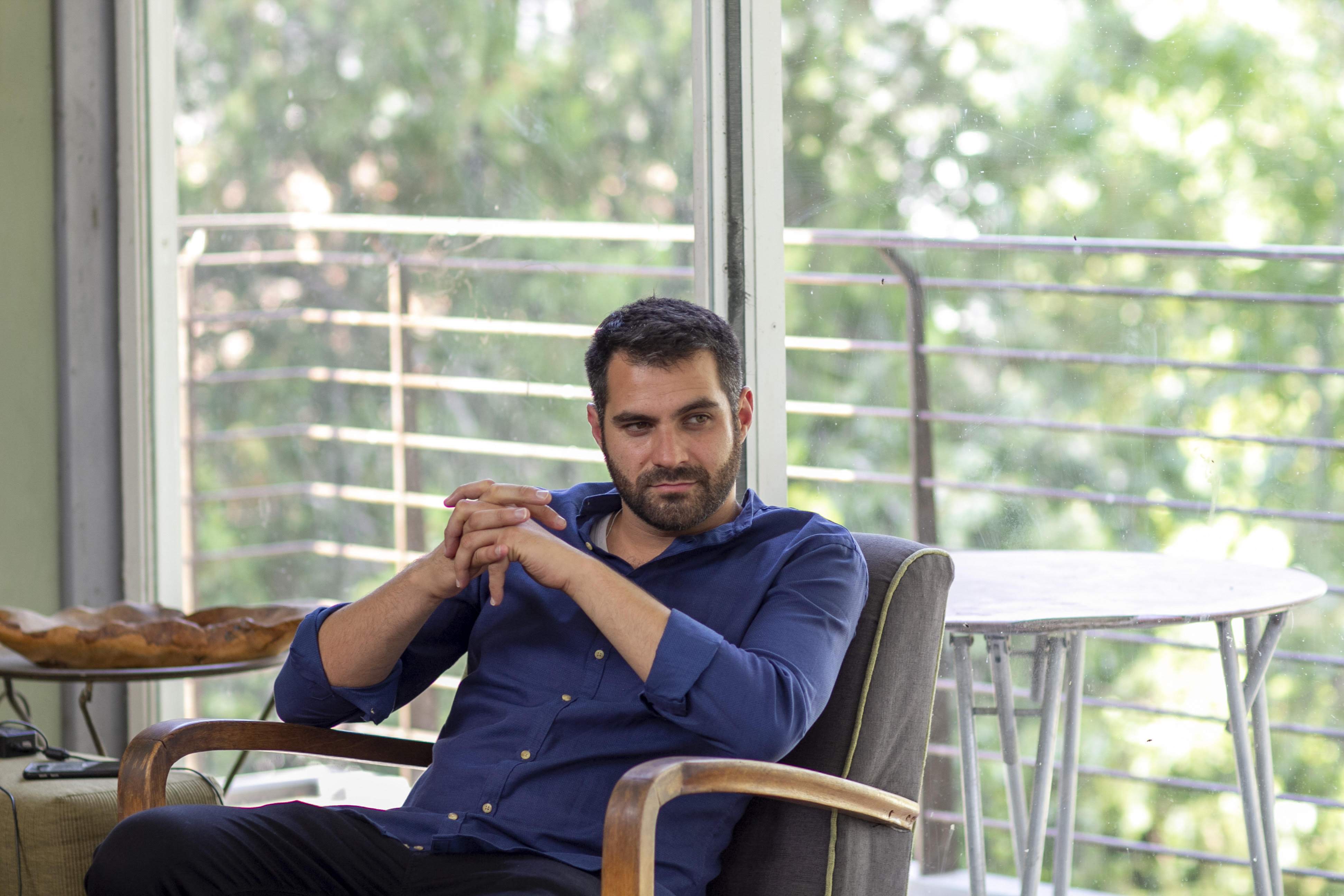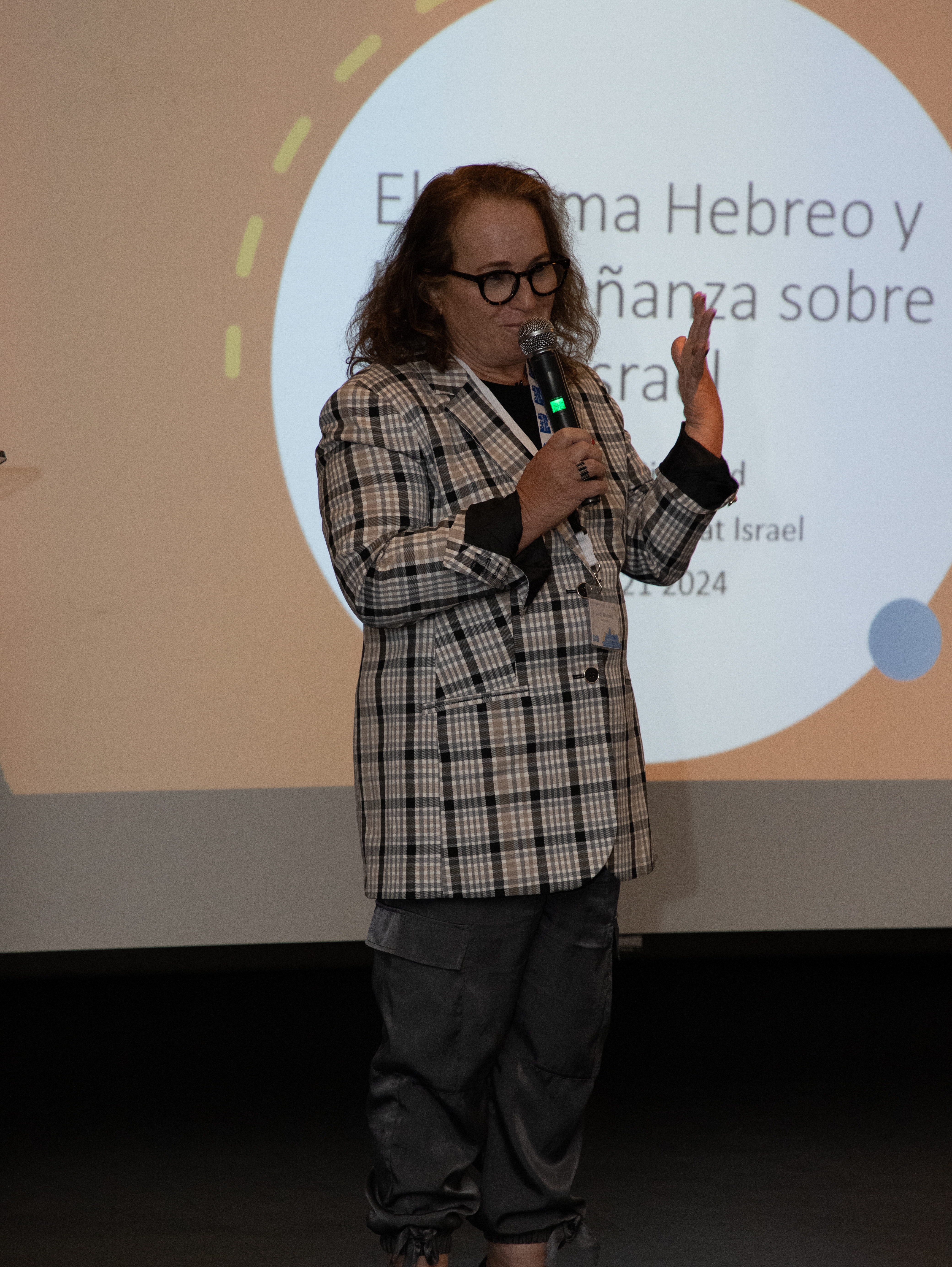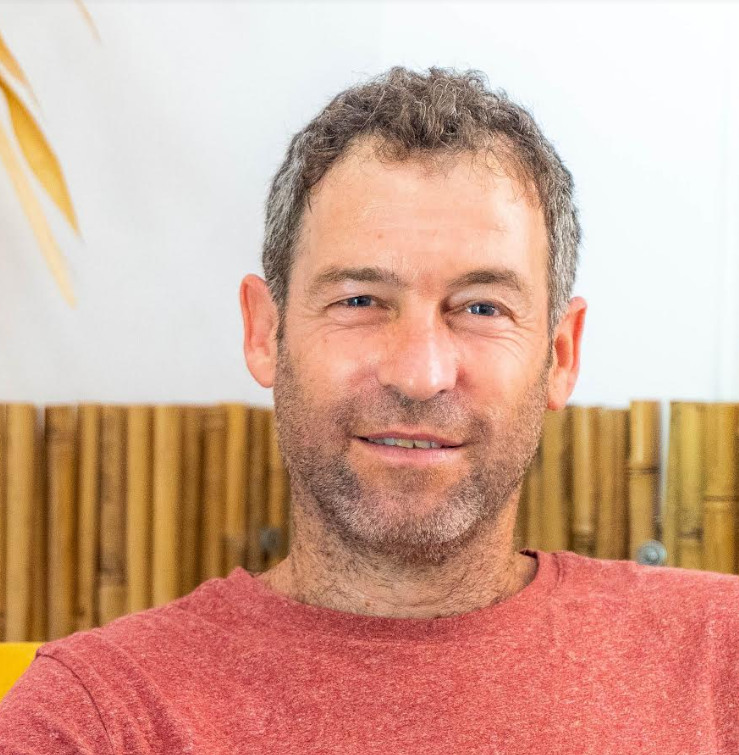Past Events
2024

February 28, 2024
The Student-Centered Religious Learning and Literacy (SCRoLL) Lab and The Consortium for the Teaching of Hebrew Language and Culture hosted an illuminating lecture featuring the celebrated poet Amichai Chasson.In his lecture, Amichai Chasson delved into the depths of his poetic masterpieces from the captivating volumes "Talking with Home" (2015), "Bli Ma" (2018), and "Liminal Poems" (2022). In this thought-provoking session, Amichai Chasson explored the nuanced relationship between the Beit Midrash tradition and modern Hebrew poetry, intertwining themes of mysticism, popular culture, and the profound connection between creation and creativity.
Amichai Chasson is an esteemed Hebrew poet, writer, and filmmaker, who boasts numerous awards for his contributions to the arts. Currently, he is serving as the artistic director and chief curator at Beit Avi Chai in Jerusalem.

February 21, 2024
Dr. Vardit Ringvald had the honor to serve as a keynote speaker at the 2024 Horaat Israel Seminar. The seminar was held from February 21 to 23, at the Yavne School in Mexico. The seminar is an initiative jointly organized by the Jewish Agency for Israel, the Bitui Department of Education, the Hebrew University, Keren Hayesod, UnitEd, and the Ministry of Diaspora with the presence of Vaad Hajinuj.The Horaat Israel Seminar, consolidated over more than two decades, brought together leading experts in education in Israel, thus providing an enriching and complex vision from various perspectives. This year, the seminar was held largely in Hebrew, reinforcing the commitment to connecting teachers to Israel and its rich cultural heritage.
2023

December 10, 2023
On December 10th, The Hebrew Consortium sponsored a mifgash, a group meeting of Hebrew educators, with Uriya Gal, an Israeli expert in experiential learning, to discuss how to confront the new challenges of teaching Hebrew and Israeli cultures in different educational frameworks following Hamas’ October 7 terrorist attack on Israeli civilians.
The participants shared the challenges they have been facing in communicating with students, staff, faculty, and administrations about the disastrous events and outcomes of this attack that inflicted pain on their learners and their families, as well as how to react to the rise of anti-Israel and antisemitic sentiments and acts they all experienced. The educators expressed their concerns about knowledge gaps between Israeli Jews and American Jews, between Israeli Jewish faculty and administrations, as well as between teachers and American kids who have a hard time negotiating feelings and interpreting the convoluted aspects of the war.
Gal introduced the model “EFRAT” (אפרת) as a tool that can assist them in identifying and analyzing human behavior with the goal of resolving conflicts and bridging between two individuals, or two entities, that have different interpretations, feelings, and responses to events. This model has four steps that are abbreviated in its name:
- The first step is for the word event (אירוע in Hebrew) in which the facilitator gathers information about the events.
- The second one is interpretation (פרשנות in Hebrew) in which participants analyze the meaning of the events.
- The third one is feelings ( רגש in Hebrew) in which they express their emotions about the events
- The fourth one is a reaction ( תגובה in Hebrew) in which the participants share with the group how they reacted to the events.
The participants appreciated Gal’s insights and recommendations and asked to continue this series of meetings to learn more about how they can be useful to their learners and their community in these harsh times.